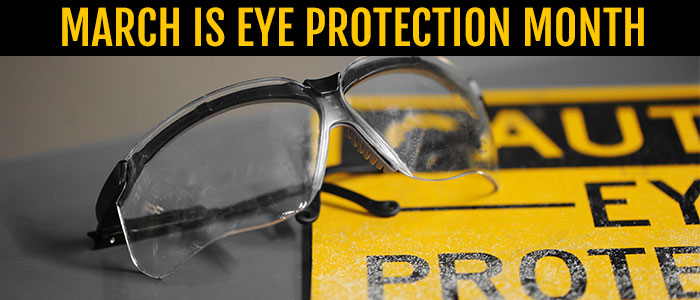Blog

Alzheimer's Disease International estimates that the number of people living with dementia worldwide - nearly 44 million in 2014 - will almost double by 2030 and more than triple by 2050.
There is no single test that can show if a person has Alzheimer's, but doctors can almost always determine if a person has dementia, although it may be difficult to determine the exact cause. Diagnosing Alzheimer's requires careful medical evaluation, neurological testing and sometimes brain imaging and blood tests to rule out other causes of dementia.
Most of the testing for early disease - MRI scans of the brain, brain PET scans looking for amyloid, and spinal taps looking for certain proteins in the spinal fluid - are not very accurate, they are invasive and they can be expensive.
Researchers have now turned to findings in the eye to help with early detection and are hoping to find ways to make the diagnosis earlier when potential treatments may have a better outcome. There is also...

Do you have the right kind of eyewear to protect yourself from serious injury or blindness - or even just daily irritation?
 Each year, tens of thousands of people are treated for eye injuries related to the hazards of their jobs, doing chores in the yard or playing sports. Most of these injuries could have been prevented by the right kind of eye protection - including wearing safety glasses, goggles or safety shields.
Each year, tens of thousands of people are treated for eye injuries related to the hazards of their jobs, doing chores in the yard or playing sports. Most of these injuries could have been prevented by the right kind of eye protection - including wearing safety glasses, goggles or safety shields.
And for those not exposed to physical dangers, there are coatings that can be added to your regular glasses that protect you from UV rays from the sun and blue light from computer screens.
Ask us about how the right eye protection can help save your sight and what options you have based on your individual needs.
Video credit: National Eye Institute, National Institutes of Health (NEI/NIH) (https://nei.nih.gov/)


